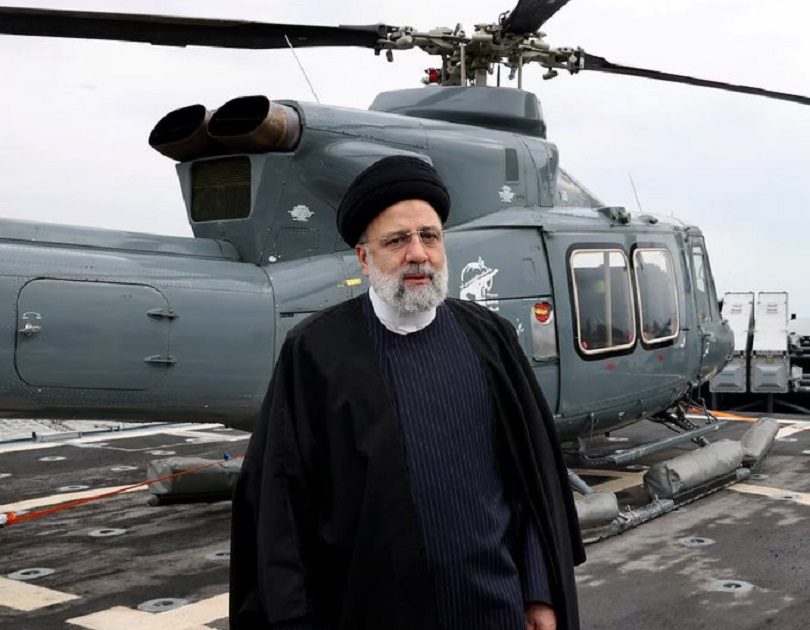The tragic helicopter crash in Iran’s northwest has resulted in the death of President Ebrahim Raisi, the country’s foreign minister Hossein Amir-Abdollahian, and several other officials. According to state media, this incident has significant implications for Iran’s leadership and governance, as outlined in the Iranian Constitution.
Constitutional Provisions and Succession
According to Article 131 of the Iranian Constitution, if the president dies while in office, the first vice president assumes temporary presidential duties. This is subject to the supreme leader’s confirmation. Currently, Mohammad Mokhber is expected to take on this role.
Mohammad Mokhber’s Background and Role
Personal and Professional Background
- Born: September 1, 1955
- Role: First Vice President since 2021
- Close Ties: Mokhber shares a close relationship with Supreme Leader Ali Khamenei, who has ultimate authority over Iranian affairs.
Previous Roles and Sanctions
- Setad: Mokhber previously led Setad, an influential investment fund connected to the supreme leader. Setad manages properties abandoned after the 1979 Islamic Revolution, directing proceeds towards charitable causes.
- Sanctions: Mokhber faced EU sanctions in 2010 for alleged involvement in nuclear or ballistic missile activities, though he was removed from the sanctions list in 2012. In 2013, the US Treasury Department sanctioned Setad and its associated companies.
Recent Involvement
- Negotiations with Russia: Mokhber played a key role in facilitating agreements with Moscow in October, involving the provision of surface-to-surface missiles and drones to Russia’s military. This delegation included officials from Iran’s Revolutionary Guards and the Supreme National Security Council.
Immediate Actions and Responsibilities
Upon confirmation, Mokhber, alongside the speaker of Parliament and the head of the judiciary, will be responsible for organizing a new presidential election within 50 days. This council must ensure the continuity of government functions during this transitional period.
Broader Implications
The loss of key government figures, including President Raisi and the foreign minister, amid ongoing geopolitical tensions, presents a significant challenge for Iran. The transition of power and the upcoming presidential election will be closely watched both domestically and internationally. Mokhber’s close relationship with the supreme leader and his experience in high-stakes negotiations and leadership roles will be critical in navigating this period of uncertainty.
Conclusion
Iran now faces a crucial period of transition following the helicopter crash that claimed the lives of several top officials. The temporary presidency of Mohammad Mokhber, supported by the constitutional provisions, will be pivotal in maintaining stability and continuity in the country’s governance while preparing for the new presidential election within the stipulated 50 days.






